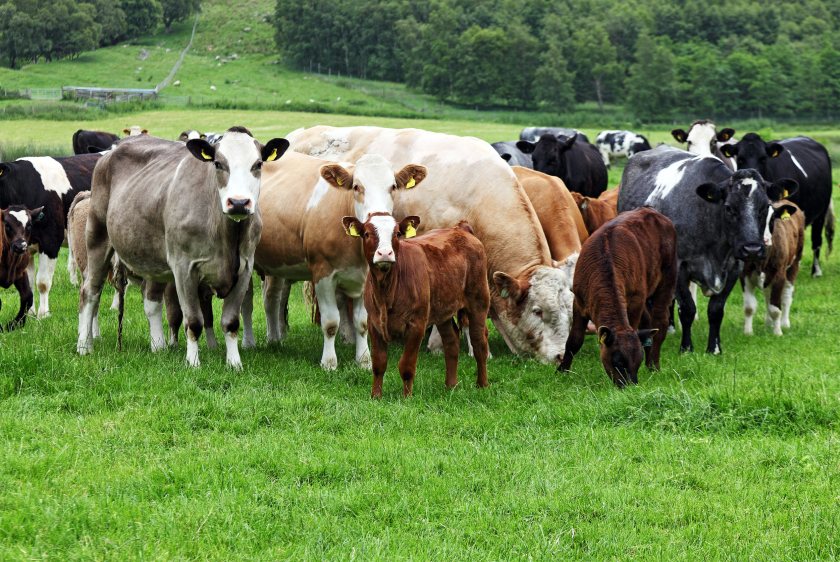Scotland urged to grow beef herd to help close UK supply gap by 2030

Scotland’s beef industry could unlock a major economic opportunity by adding just two more cows per herd each year, according to new analysis.
Economic modelling reveals that the UK is on course to face a shortfall of 278,000 tonnes of beef by 2030 unless production increases—an 81% jump in net imports compared to 2023.
The shortfall stems from an expected 8% drop in domestic beef production from 2023 levels, coupled with population growth of nearly 5% over the same period.
Scotland has a key role to play in bridging the gap, according to the analysis, by Quality Meat Scotland (QMS).
QMS estimates that an additional 22,000 tonnes of beef from Scotland—requiring about 79,000 more breeding cows—could make a significant difference.
That translates to around six to eight more cows per herd over three to four years, or two extra cows per year on average.
Kate Rowell, chair of QMS, described the target as both realistic and necessary: “Our evidence centre points to a clear growth opportunity by servicing domestic demand which, if we don’t seize, others certainly will through imports.
“We want the Scottish herd to grow by close to 80,000 cattle when compared to our projections which, when viewed at an individual farm level, translates to an attainable ‘couple more cows per herd each year’.
"Nationally, this goal would see the herd return to the levels seen in the mid-2010s. With the strength in our beef prices at the moment, now is the ideal time to invest in this small growth.”
The economic rewards could be substantial: hitting the target would generate £281m in additional output and £76 m in Gross Value Added (GVA) for the Scottish economy.
Moreover, processing capacity in Scotland is currently underutilised—operating at just 69–73%—leaving room for expansion.
Without action, the UK’s reliance on imported beef is set to rise sharply. In 2023, the UK imported 154,000 tonnes of beef; by 2030, that figure is projected to increase by 124,000 tonnes if domestic output remains stagnant.
Adding to the urgency is the volatility in global beef markets caused by climate change. QMS warns that increasing demand from overseas for UK beef could further strain domestic availability, exacerbating food security concerns.
Kate Rowell also stressed the environmental and strategic importance of boosting local beef production.
“Our sector provides multiple public goods, supporting our soils and biodiversity, financially sustaining our most remote and rural communities and nourishing our nation with our world-renowned quality protein.
"It would be utterly perverse from a security, quality and environmental perspective to risk losing a critical part of our national food system and accept an increase in overseas red meat imports.”
She added that reversing the decline in the national beef herd will require coordinated effort.
“There is no one silver bullet solution to reversing the decline in the national beef herd and increasing our productivity and no one group that is responsible for making it happen.
"It will take everyone – industry, government and people in Scotland – to slow down the production decline and meet our potential.”








